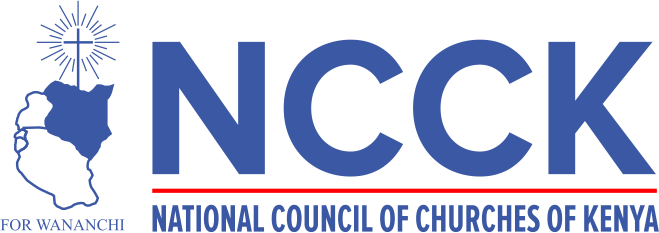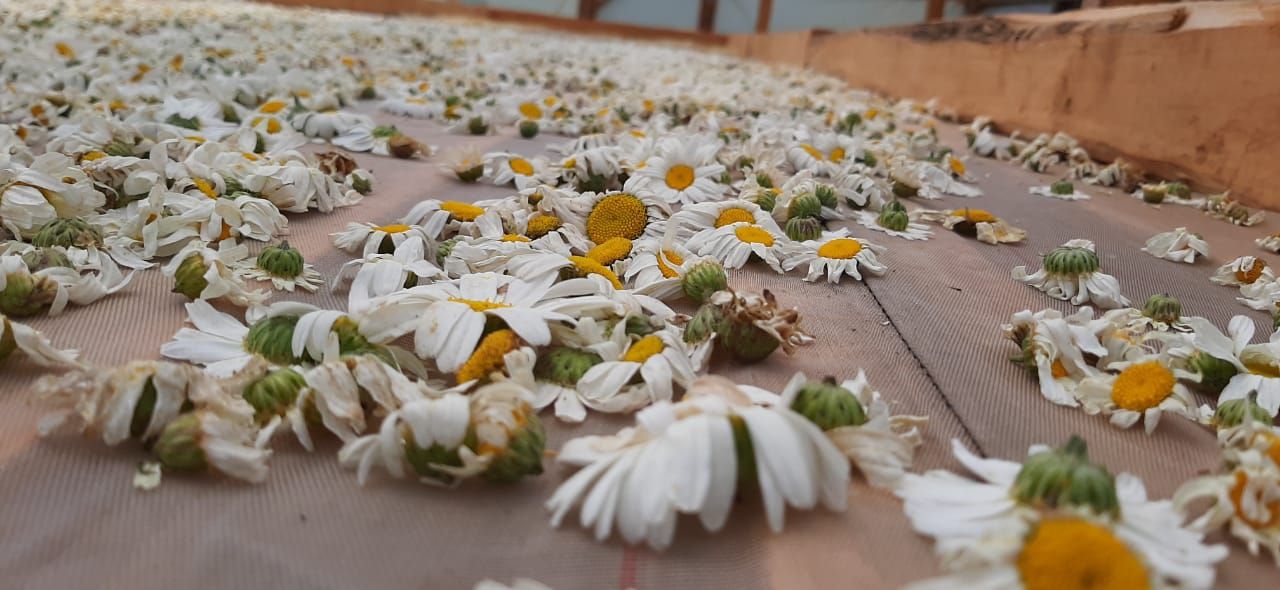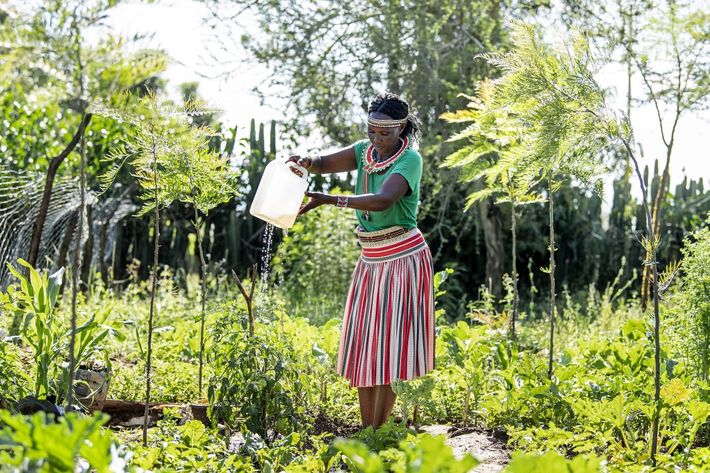The Issue
Pyrethrum is a naturally occurring mixture of chemicals found in certain chrysanthemum flowers. It was first recognised to have insecticidal properties around 1800 AD in Asia and was used to kill ticks and various insects such as fleas and mosquitoes.
Pyrethrum is grown for its natural pyrethrins, which are often used in household insecticides and products to control insects on pets or livestock. Natural pyrethrins break down quickly in the environment, especially when exposed to natural light, and are less toxic than pyrethroids, which are synthetically engineered and last longer in the environment making them toxic to insects and mammals.
Pyrethrum was introduced in Kenya in 1928 and until 1998, Kenya used to produce between 10,000 to 15,000 metric tonnes annually on 100,000 acres; this constituted about 70% of the world’s supply (the global supply was about 20,000 MT, with 85% of this bought by USA, Canada, South America, UK, EU, Australia, and other African countries). At independence in 1963, pyrethrum was one of four major cash crops after coffee, tea, and maize, and this was reflected in Kenya’s national coat of arms.


The advent of cheaper synthetic pyrethroids in the early 1990s to cater to the increased pyrethrin demand among other factors led to the decline of the pyrethrum subsector’s production to 300 MT (i.e., 2% of global pyrethrum demand) on 3,000 acres valued at KES 1.06 billion (10.6 million USD).
Kenya is said to have ideal climatic conditions for optimal pyrethrin yield and has been a preferred supplier by major markets across the globe. In addition, Kenya can produce over 20,000 MT per annum generating 20 – 75 million USD for farmers and 58 million USD in foreign exchange earnings from the refined extract alone. With an average size household in Kenya of 4,4 people, one processing company alone can potentially provide livelihoods benefitting more than 880,000 people.
The global demand for Pyrethrum is on an upward trajectory as it is an incredibly effective, broad-based, and natural pesticide with multiple applications in pest control on crops and control of all types of flying insects. Pyrethrum can be transformed into countless value-added products, and its lack of residual effects makes it ideal for safeguarding global ecosystems.
The Project
DCA Kenya, in consortium with a private sector partner – Kentegra Biotechnology – and the National Council of Churches of Kenya (NCCK), aimed to revive pyrethrum farming in Kenya and contribute to a sustainable business eco-system, improved and resilient livelihoods for smallholder farmers and workers engaged in the pyrethrum sub-sector, focusing on Nakuru, Nyandarua, West Pokot and Elgeyo Marakwet Counties. The four counties accounted for 60 – 70% of the national output of pyrethrum.
The goal was to increase production and marketing of pyrethrum flowers processed to generate pyrethrin, which is a bio-degradable, non-persistent, and light-decomposed pesticide.
The Partners
Kentegra Biotechnology Holdings LLC
Kentegra undertook:
- Research and Development (R & D) of new four pyrethrum varieties that culminated in improved quality and quantity of pyrethrum produced. The new varieties underwent a Distinctness, Uniformity, and Stability (DUS) test at Kenya Plant Health Inspectorate Service (KEPHIS) centre in Nakuru. This is the process of determining whether the variety differs from existing materials within the same species. After this, they underwent National Performance Trial (NPT) before commercial rollout.
- Private sector-led extension services. Daisy project through the private sector partner is revolutionizing the provision of extension services through a mixture of technology and one-on-one training. Farmers with access to smartphones have also been provided with digital training materials.
- Provision of a ready and guaranteed market for produced flowers. At the onset, farmers signed a 4-year contract that coincides with the lifecycle of the crop. This contract assured farmers of the market with a minimum guaranteed payment of Kes 230 (US 2) per KG of dried flowers delivered. Depending on the quality as determined in the laboratory, farmers received an additional payment that can go as high as Kes 200 (US 2).
- Provision of clean planting material. Contracted farmers were guaranteed of accessing clean planting materials from the two nurseries set up in Molo and Subukia, Nakuru county. These nurseries could produce seeds and seedlings of approximately 40 million per planting season.
The National Council of Churches of Kenya is a family of Christian communions and organisations in fellowship and witness.
NCCK ensured an improved policy and regulatory environment as pertains to pyrethrum farming by:
- Supporting the operationalisation of responsive laws and policies relating to pyrethrum farming at the national level. This ensured the revival of the sector is anchored on a solid regulatory environment
- Supporting growers to actively participate in championing their rights through their engagement in KFCs and other farmer group forums.
- Working with the private sector partner and DCA to determine the most effective mechanisms for farmers and pyrethrum producer groups (including KFCs) to project the voice of growers in the pyrethrum value chain.

DCA played a vital role in the project by conducting a baseline study, monitoring all partner activities to ensure compliance with the work plan, and introducing the VSLA model to farmers through the Kentegra Farmer Community (KFC). Moreover, DCA provided financial literacy training to enhance the farmers’ financial management skills. Additionally, DCA supported the pilot solar dryer subsidy scheme by reviewing the cost-share model, devising selection criteria, and selecting suitable supplier(s) for the project. Lastly, DCA lead the implementation of Responsible Business Conduct (RBC) principles among all players in the value chain.
About the project
Implementation Period: July 2021 – Dec 2024
Budget: NOK 19,335,000
Donor: Norwegian Agency for Development (NORAD)



